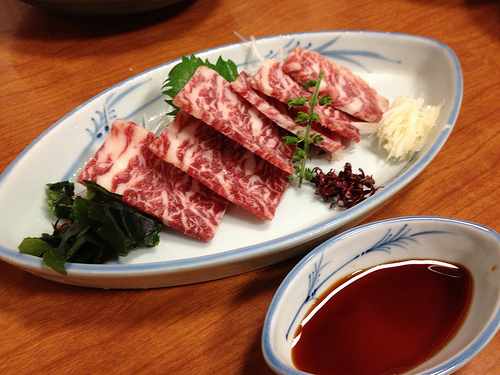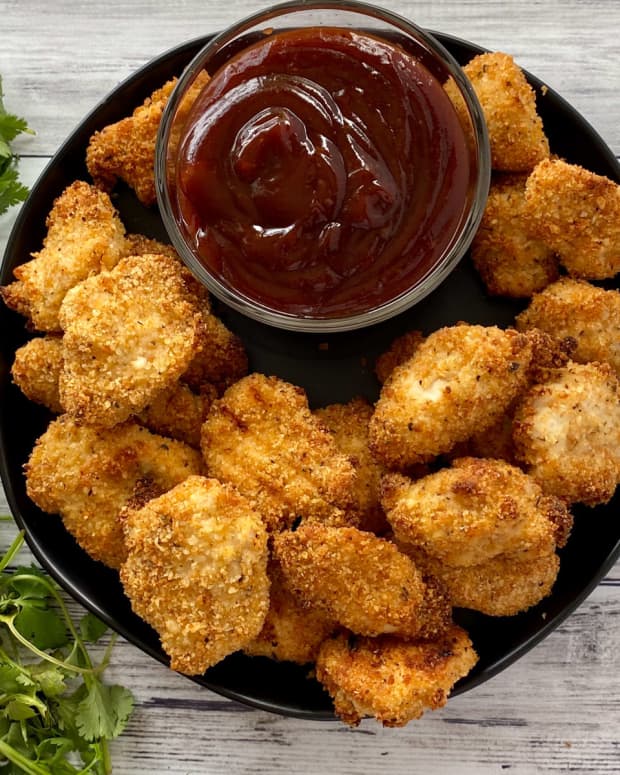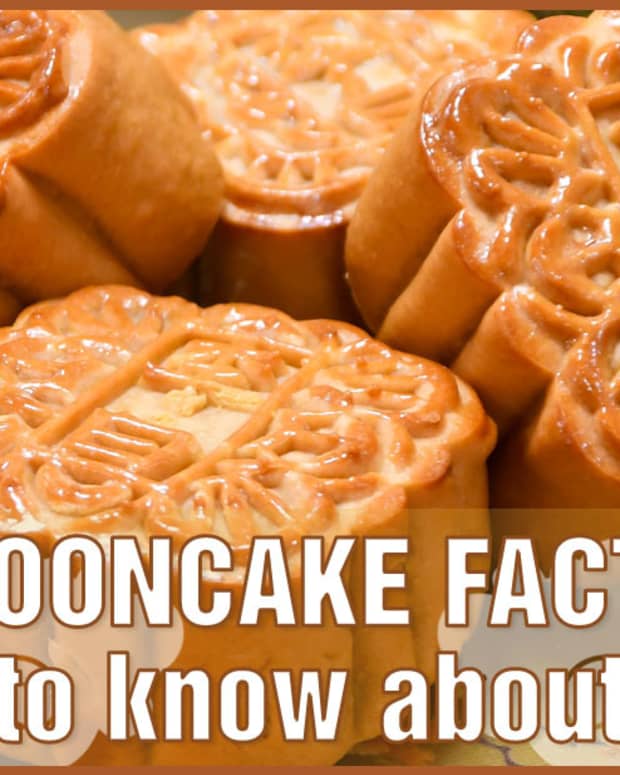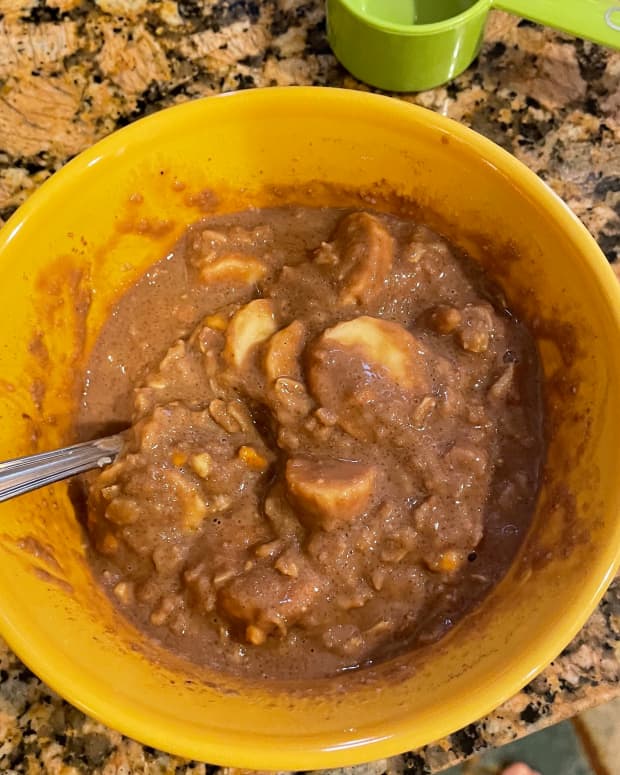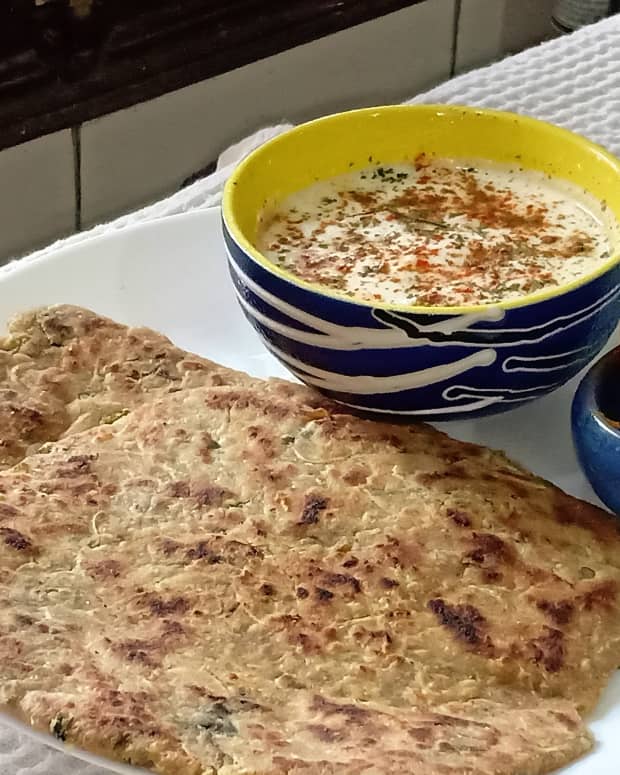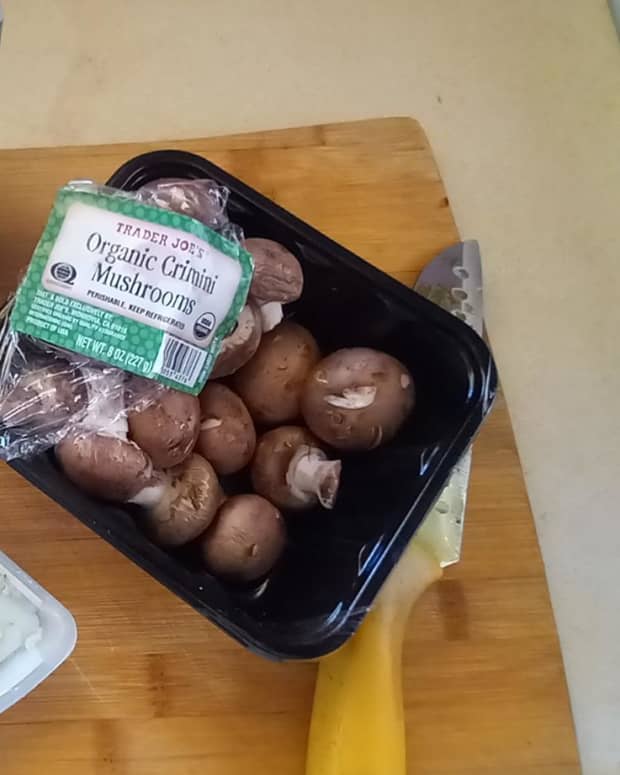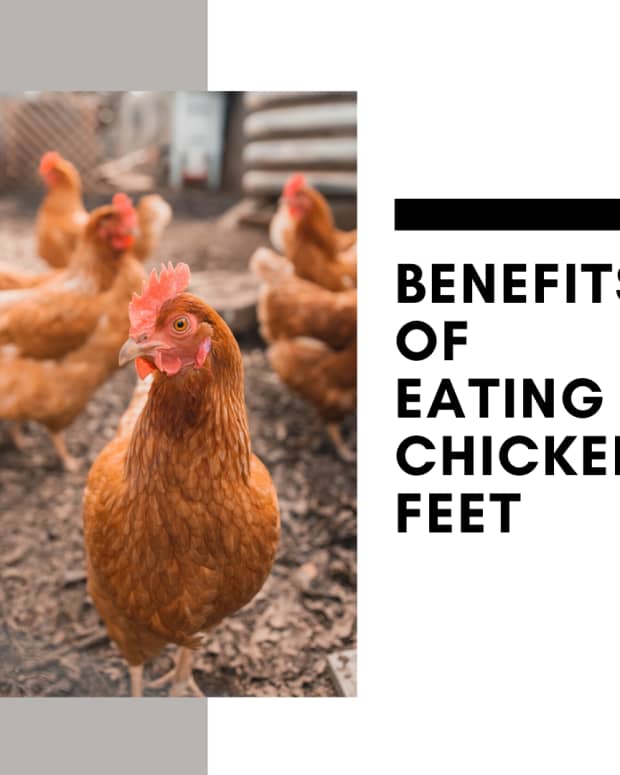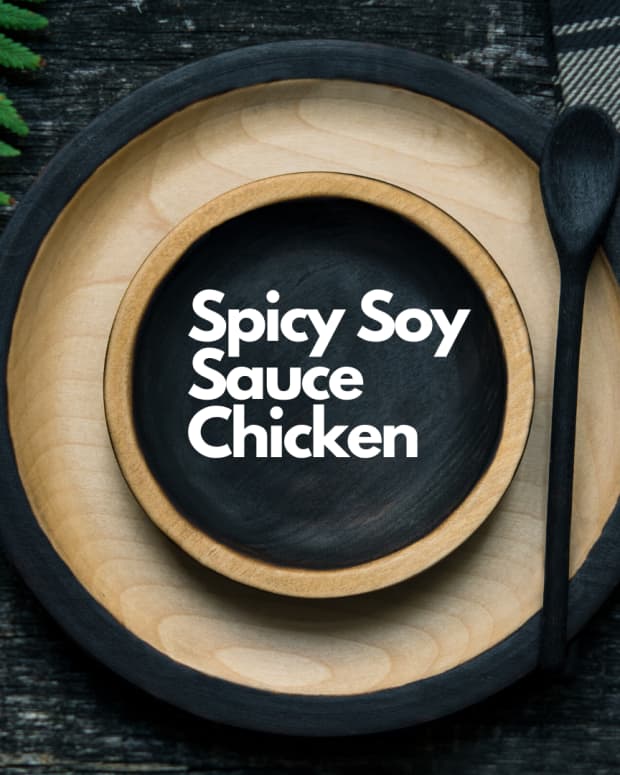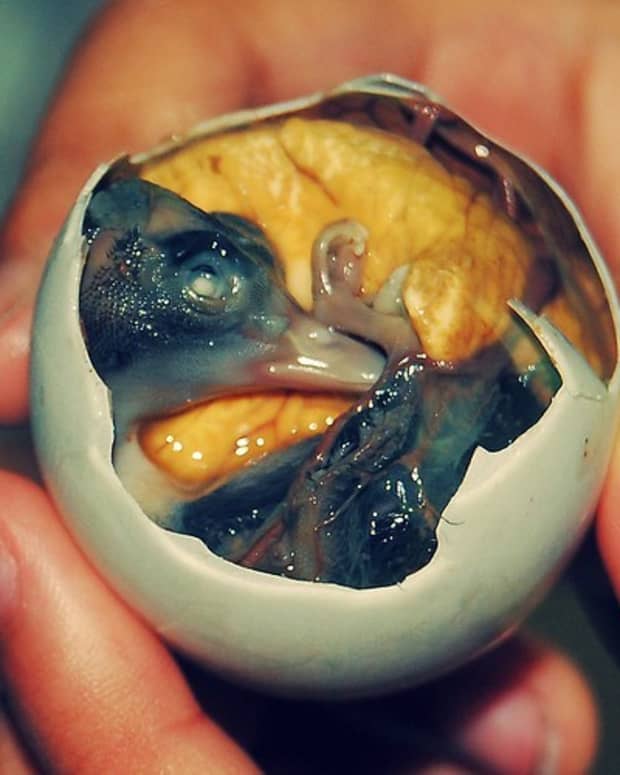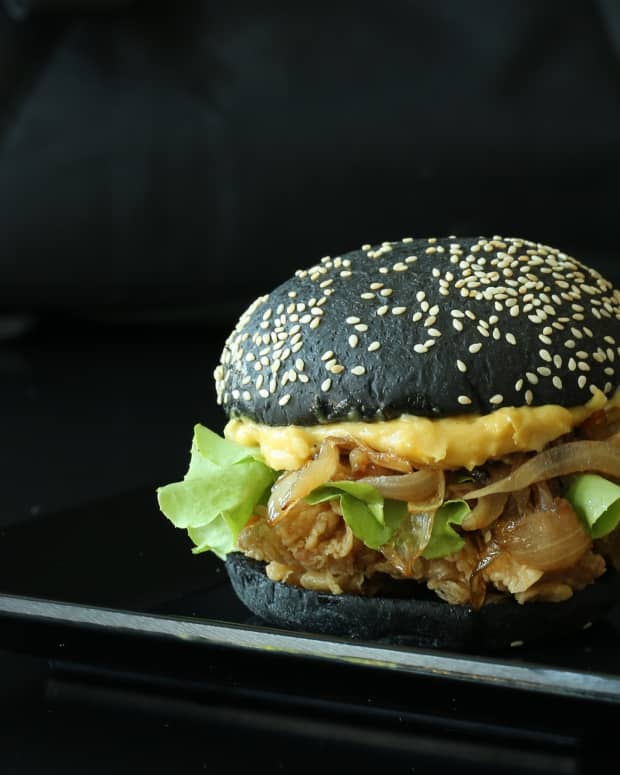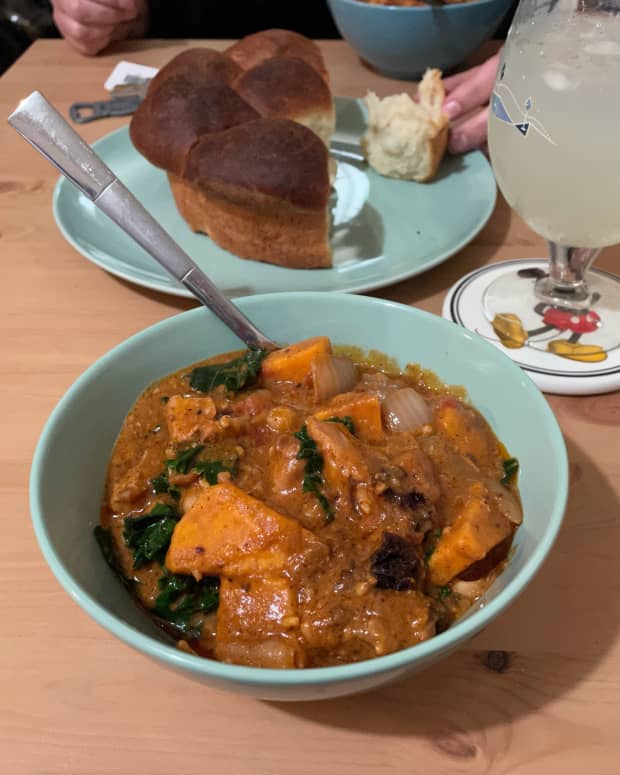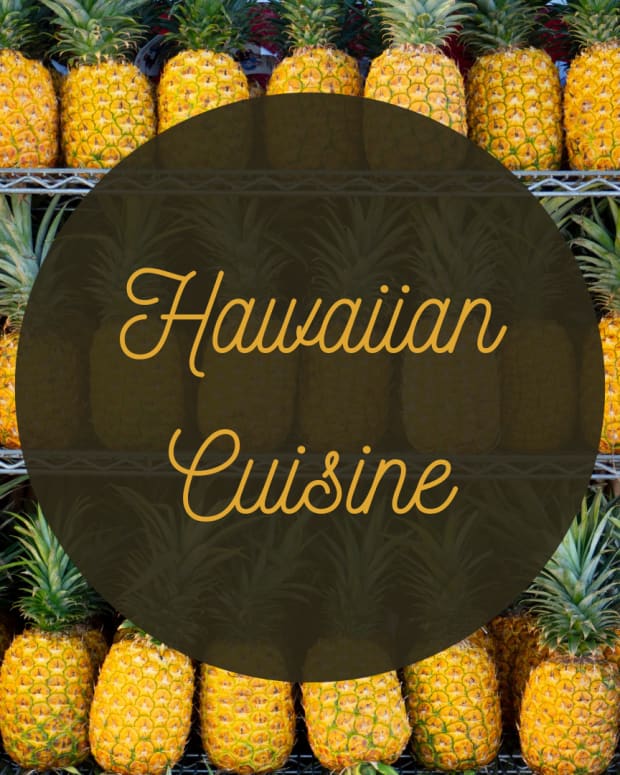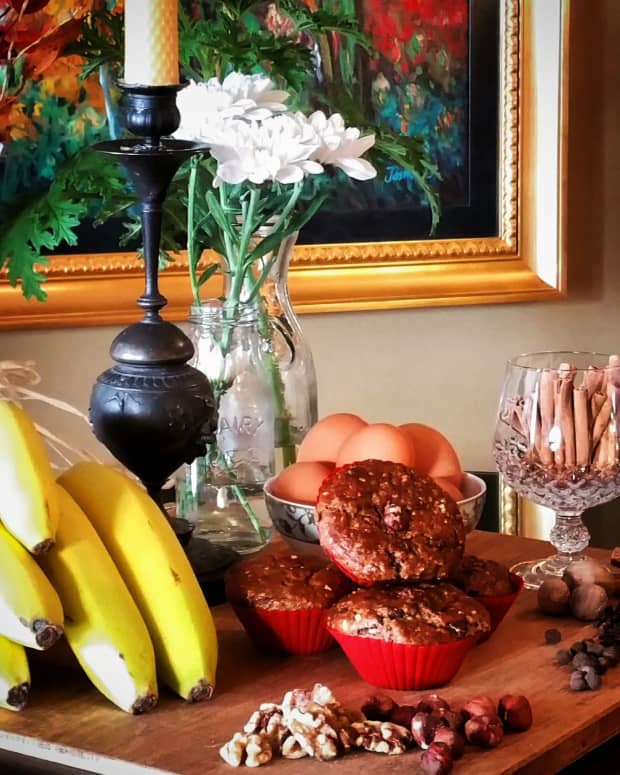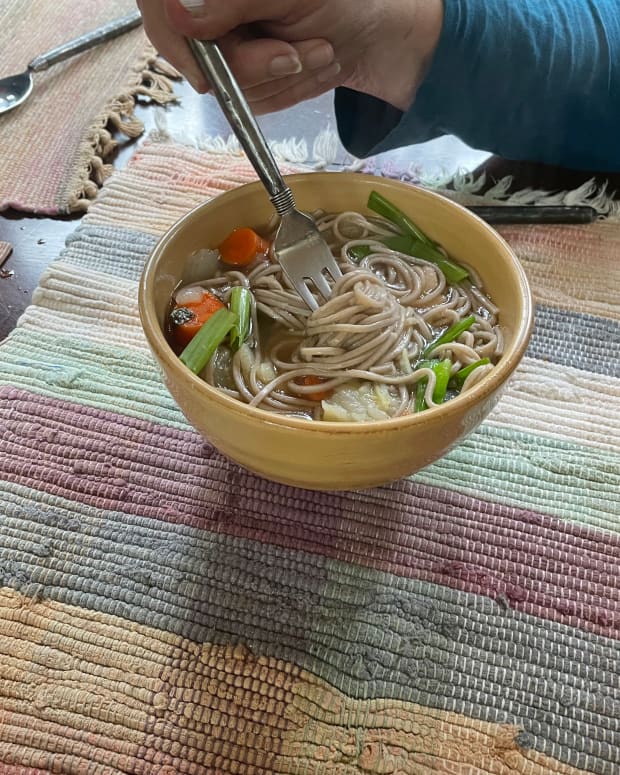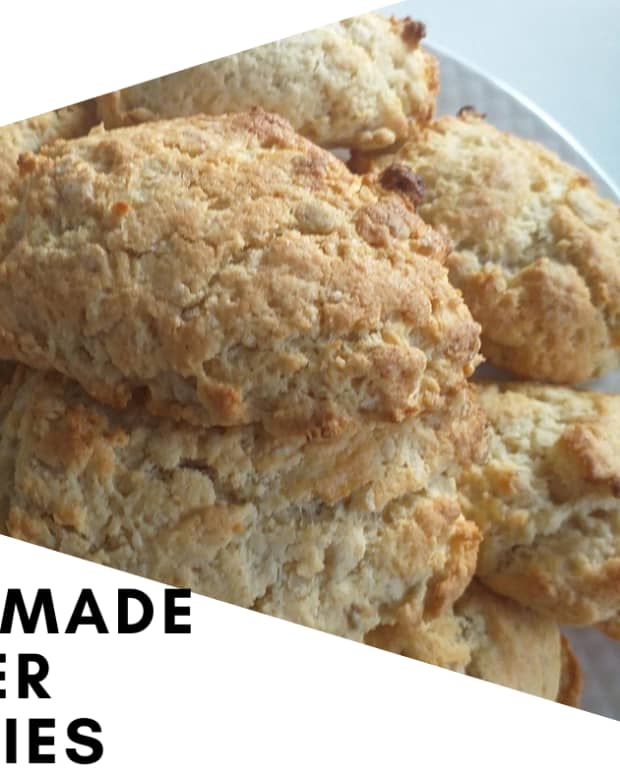Are You Ready to Eat Horsemeat?
I've spent half a century (yikes) writing for radio and print—mostly print. I hope to be still tapping the keys as I take my last breath.
Hi Oh Silver served with mashed potatoes and braised carrots.
Horse flesh is popular in India, Belgium, China, Russia, Japan, Sweden, South America, France, and many other places. But, in the English-speaking world, the idea of turning Lightning into bronco burgers is abhorrent.
When Philadelphia chef Peter McAndrews announced he was going to serve horsemeat in his upscale restaurant he got bomb threats. And, since 1998, California has banned the sale of horsemeat for human consumption.
Aversion to Horsemeat
We eat deer, elk, and bison, some of it farmed, some of it wild, so why not horses?
Ben Schott (Schott’s Food and Drink Miscellany) suggests our squeamishness about hippophagy (eating horsemeat) may be “because of an inherited Roman distaste for the meat.”
That theory goes out the window because the most direct descendants of Romans ―Italians―are happy to marry pasta and pony. Italy Magazine notes that there are more than 400 equine butchers in the country “each serving up cuts from horse to donkey meats; some going as far as creating salami and prosciutto style charcuterie.”
Others suggest that because horses became “companion” animals to humans we are reluctant to put them in the stew pot. But, that doesn’t explain why the Dutch are happy to chow down on a fillet of filly.
Perhaps, it’s because of Pope Gregory III. In 732, he wrote to his missionary in Germany, Saint Boniface, to forbid the eating of horsemeat among those he converted to Catholicism. The pope labelled it a “filthy and abominable custom” probably because it was associated with paganism.
It may come down to simple economics. A 2002 study “found that horses eat 63 percent more than cattle. This isn’t just a matter of bulk. Horses also eat more ‘digestible material’ with actual nutritional content than cows, according to the study.”
As with all these explanations they apply equally to cultures that eat horses and those that don’t.
Although Eugene Volokh probably nails it in a Washington Post article. He wrote that Americans reject munching on mustangs “because of their gut feeling that eating horse is disgusting or, in the words of one critic of eating horsemeat, ‘morally perverse,’ ‘a perversion of the human-animal bond.’ ” English-speaking people do seem to have more sentimentality about domesticated animals than folks in less protein-rich societies.
The Plusses of Horsemeat
Our Paleolithic ancestors ate horsemeat. Of course, they were wild then and had not been invested with human characteristics such as names, so tucking into an equine flank steak was something of a treat.
More recently, soldiers in the trenches of World War I were sustained by the thousands of horse cadavers that were victims of shelling. And, during the second global conflict, cuts of horse flesh were added to many home menus to eke out the scarce supply of meat.
Katy Enders (The Guardian) says that “horsemeat is healthier than beef: it’s lower in fat, higher in protein, and has a greater proportion of omega-3 fatty acids.” It’s also high in iron and a good source of zinc, selenium, and phosphorus as well as niacin, B6, and B12.
Horsemeat and donkey flesh are staples of the diet in Sardinia. And, National Public Radio notes that “the ratio of centenarian men to women is one to one. That’s quite unusual, because in the rest of the world, it’s five women to every one man who live that long.”
Nagano, Japan is well known as a place where folks consume horsemeat, both cooked and raw. And, guess which city in Japan has the highest life expectancy for males. No prizes for picking Nagano.
Coincidences? I think not.
Horse or Beef?
Where else should one go for adjudication on the merits of horse flesh than the centre of gastronomy―France?
In 1859, Peter Lund Simmonds wrote of an occasion in Paris. A horse with “an incurable paralysis of the hinder quarters” was slaughtered and “… three days afterwards, on the 1st December, 1855, eleven guests were invited―physicians, journalists, veterinary surgeons, and employés of the government. Side by side were dishes prepared by the same cook, in precisely the same manner, and with the same pieces taken respectively from this horse and from an ox of good quality.”
The verdict? The bouillon from the horse was unanimously judged superior as was the roast fillet.
Similar experiments were carried out in several different places and, Mr. Simmonds noted, “… in every case, we are told, the result has been the same.”
Waverley Root was a prominent food writer until his retirement in 1969. He is quoted frequently as describing horsemeat as having a “lingering sweetness, which is not disagreeable but is disconcerting in meat.”
I make no claims for expertise in the field of equine cuisine so given a choice between an also-ran from the Kentucky Derby or a sway-back old nag that’s spent 20 years toiling on an Amish farm I’ll choose the seafood crêpe every time.
To Eat or not to Eat?
Bonus Factoids
- Swedish harness racer Helena Ståhl had to have her severely injured horse put down in December 2015. Her decision to then eat the animal drew a barrage of criticism. But, as she points out, why throw away hundreds of kilos of perfectly good protein so another animal can be slaughtered.
- Horsemeat is British and Canadian usage. Horse meat is American.
- Bernard Miles was an English character actor and creator of a Hertfordshire yokel who offered rural wisdom Over the Gate. In one of his sketches he gave the recipe for Rabbit and ‘ossmeat Pie. “It’s simple. ‘alf and ‘alf. You uses one rabbit and one ‘oss.”
Sources
- “The Changing Tradition of Eating Horse Meat in Italy.” Italy Magazine, March 15, 2013
- “Why you Really Should (but Really Can’t) Eat Horsemeat.” Caty Enders, The Guardian, January 9, 2015.
- “Eating to Break 100: Longevity Diet Tips from the Blue Zones.” Eliza Barclay, National Public Radio, April 15, 2015.
- “Raw Horsemeat the Secret to Nagano’s No. 1 Longevity?” Kuchikomi, Japan Today, March 15, 2013.
- “Indian State Bans Beef; California Banned Horsemeat; What if an American State Banned Pork?” Eugene Volokh, Washington Post, March 6, 2015.
- “The Curiosities of Food: Or Dainties and Delicacies of Different Nations ...” Peter Lund Simmonds, Richard Bentley, 1859.
- “Swedish Racer Defends Eating Own Dead Horse.” The Local, January 5, 2016.
- “Schott’s Food and Drink Miscellany.” Ben Schott, Bloomsbury, 2003.
© 2016 Rupert Taylor
Comments
Char Milbrett from Minnesota on February 28, 2016:
We could vote on it.... all opposed say Neighhhh....
Rupert Taylor (author) from Waterloo, Ontario, Canada on February 28, 2016:
I think most of us have unwittingly eaten horsemeat. Europeans were shocked in 2013 to discover that horsemeat masquerading as beef was in many prepared foods. There's no reason to believe it hasn't found its way into the N. American food chain.
But, I'm more concerned about a 2015 study that found that "of the 345 hot dogs studied, 2 per cent of them had human DNA inside." The Independent.
Anne Crary Jantz from Dearborn Heights, Michigan, U.S.A. on February 28, 2016:
My husband didn't know what he was eating either on the Sabena flight because they announced the menu in French, Cheval in the French manner, and he doesn't speak French. Neither do I, but I did know what that meant, so I can't plead ignorance.
Andrew Spacey from Near Huddersfield, West Yorkshire,UK on February 28, 2016:
We Brits will not eat the horse and consider those who do immoral and in some unfathomable way, neanderthal! Historically we've never eaten ossmeat, much preferring cow, deer, pig, bird - why? Tis a mystery but who would want to eat something that's noble, intuitive and able to pull a carriage at speed? And go galloping across a battlefield?
Having said all that I did inadvertently eat donkey meat in Spain one time. It was dressed up as salami and offered to me by an old fella harvesting almonds in the Alpujarras.
After a bite and swallow I asked' 'Ques es esto senor?' 'Carne de burro.'
Anne Crary Jantz from Dearborn Heights, Michigan, U.S.A. on February 28, 2016:
Very comprehensive article, Rupert. Well done. We lived in Belgium for several months, and our corner butcher had horse right in the case alongside other more traditional meats. I never took the leap, but once when we were flying Sabena Airlines, the Belgian Airlines, they served horse in red wine for dinner on the flight. We had no choice except not to eat, so we ate it. It wasn't bad at all, hard to distinguish from beef. My Dad was stationed out in the South Pacific during WWII and he tried dog. The local native people ate dog all the time. He said it tasted like pork. I doubt I could knowingly try it.
Chris Mills from Traverse City, MI on February 27, 2016:
I suppose the issue is the same as it would be for eating dog or cat meat. Eating pets isn't all that appetizing. I would try it if I had the opportunity. Then I'd ride off into the sunset on my holstein. :)
Good hub.
Wesman Todd Shaw from Kaufman, Texas on February 26, 2016:
I admit that I'm both not pleased by the idea (due to the reasons you already acknowledge) - and yet as a mostly carnivorous fella, attracted to the idea, and curious about the taste.

